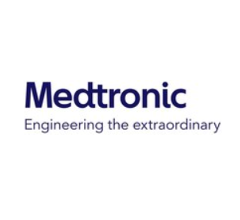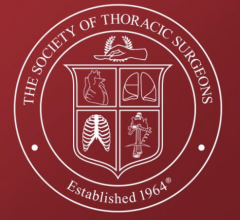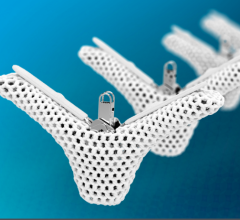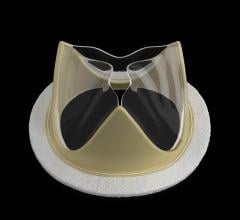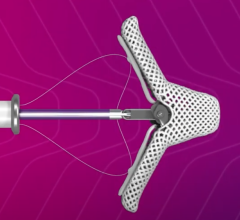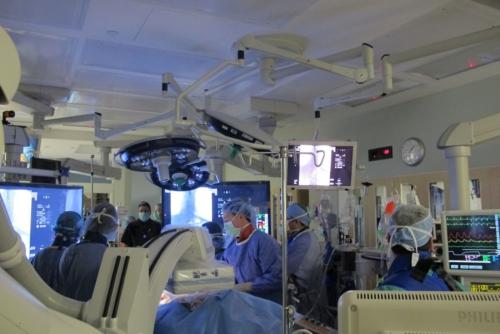
January 21, 2013 — A heart valve procedure intended to treat patients with severe aortic stenosis and individuals who are at high risk for surgical complications or death is gaining traction in the United States. ECRI Institute, a nonprofit organization that researches the best approaches to improving patient care, recently evaluated evidence behind the use of the only transcatheter heart valve approved for marketing in the United States and Europe in transcatheter aortic valve implantation (TAVI).
Based on the results of a systematic search of the literature for clinical studies that compared the device to standard medical therapy or to aortic valve replacement, ECRI Institute assessed the quantity, quality and consistency of the best available evidence on the technology as “moderate.”
“TAVI seems to provide benefit over the nonsurgical option for inoperable patients. However, using TAVI for high-risk or immediate-risk patients still needs to be monitored, as there is a lack of consistent evidence that suggests a clear benefit over standard open aortic valve replacement,” said Vivian Coates, vice president of information services and health technology assessment at ECRI Institute.
ECRI Institute focused its report on findings from published studies that involved 3,798 patients who received the valve. All-cause death was equivalent when comparing TAVI to aortic valve replacement, and vascular complications were more frequent in TAVI patients.
The report addresses the infrastructure and staffing requirements for the procedure, including criteria laid out by the Centers for Medicare & Medicaid Services (CMS). Requirements include an existing heart valve surgery program, a hybrid catheterization lab or hybrid operating room with appropriate imaging capabilities, and space for postprocedural intensive care.
According to ECRI Institute’s SELECTplus pricing database, the total cost for the equipment and infrastructure required for a TAVI program, including construction and renovation, averages around $3.8 million.
The U.S. Food and Drug Administration (FDA) approved the first TAVI valve for marketing in the United States in November 2011. In October 2012, the agency extended the indication to patients who are eligible for surgery but at high risk for serious surgical complications or death. Previously, the valve had only been approved to treat severe aortic stenosis in individuals who are not candidates for open valve replacement surgery.
Additional TAVI valves are in ongoing clinical trials for the U.S. market.
“We are cautiously optimistic about the procedure, but healthcare professionals should continue to educate themselves and their patients about the risks and benefits of TAVI, especially as interest in the procedure gains momentum,” said Diane Robertson, director of health technology assessment information services at ECRI Institute.
For more information: www.ecri.org

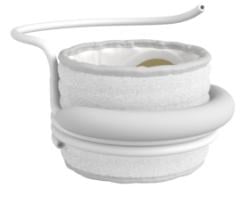
 December 24, 2025
December 24, 2025 


